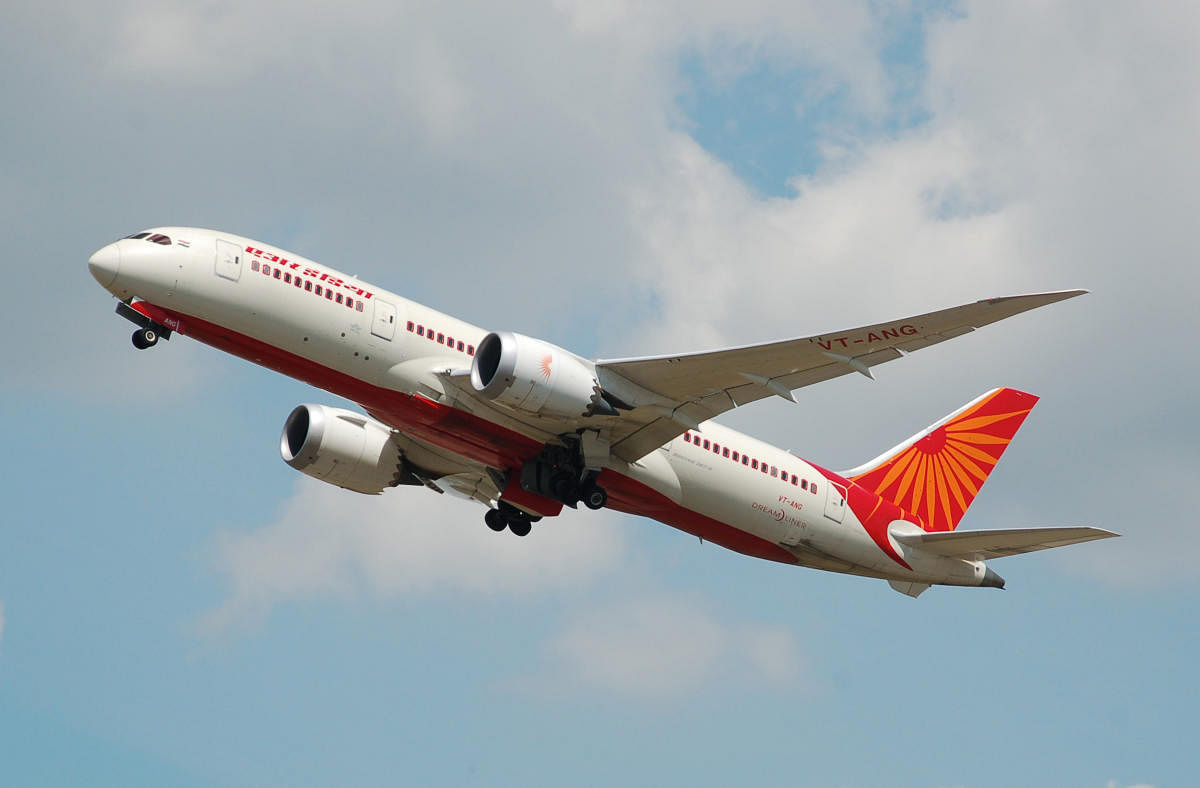
Unpredictable changes in global crude oil prices were compounded by high domestic tax regime on jet fuel in 2018-19 for the airlines industry, according to the Economic Survey.
Jet fuel or Aviation Turbine Fuel (ATF) accounts for a significant chunk of an airline's operational costs.
The survey tabled in Parliament on Thursday also said the country's scheduled domestic air transportation for passengers and goods has grown by 14 per cent and 12 per cent, respectively, in 2018-19.
"The demand and supply trends in civil aviation shows that passenger demand is higher than the seat supply," it said.
About the aviation industry, the survey said that high and unpredictable change in global crude oil prices during 2018-19 have been compounded by a high domestic tax regime on aviation turbine fuel.
"These have led to the demand from airline carriers and general aviation to bring the fuel within the ambit of Goods and Services Tax (GST) with input tax credit in order to create a level playing field for them vis-à-vis international carriers," it said.
It also said that to meet the surging demand and providing air connectivity to remote regions, new airports are being rapidly developed.
At the end of 2018-19, a total of 107 airports provided scheduled airline operations, the survey said.
Regarding Maintenance Repair & Overhaul (MRO), the survey said annual import of MRO services by Indian carriers is around Rs 9,700 crore.
"With airlines’ fleet growing annually by 100, the size of domestic and imported Indian airline MRO is set to grow annually to Rs 21,600 crore in the next five years and to Rs 36,000 crore once the fleet size reaches 2,000 aircraft," it added.
The survey also said that high airport tariffs, shortages of certain skilled manpower in civil aviation sector and recourse to overseas suppliers of MRO facilities, among others, have contributed to engendering cut-throat competition amongst domestic airlines.